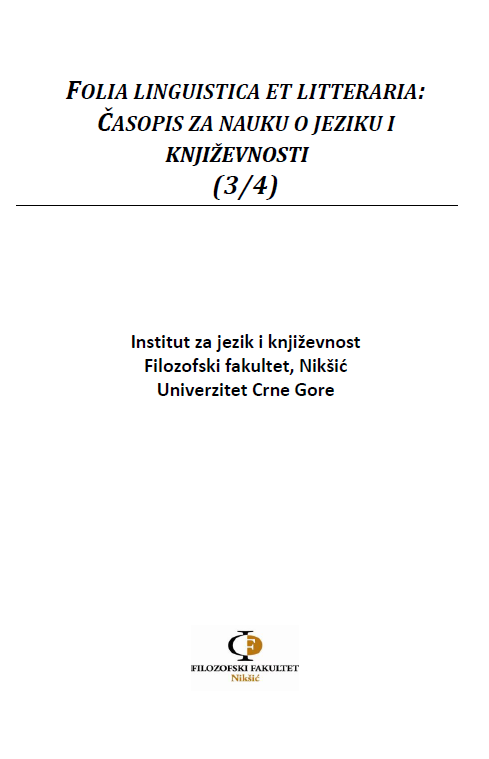Vocabulary Learning Strategy Use of EFL Learners in the Republic of Macedonia in
Correlation with Language Proficiency
Vocabulary Learning Strategy Use of EFL Learners in the Republic of Macedonia in
Correlation with Language Proficiency
Author(s): Anzela NikolovskaSubject(s): Education, Foreign languages learning, Evaluation research
Published by: Filološki fakultet, Nikšić
Keywords: vocabulary learning strategies; language proficiency; chi-square tests; significant variation;
Summary/Abstract: The paper reports the results of a study of the correlation between the use of vocabulary learning strategies (VLS) of EFL learners in the Republic of Macedonia and their language proficiency. A questionnaire designed for the purpose of the study was administered to 709 EFL learners from ten elementary schools, ten secondary schools, as well as five Faculties of the “Ss. Cyril and Methodius” University in Skopje. Descriptive statistics indicate that in spite of the slight variation in the strategy category means by proficiency, all the five categories are used at a medium frequency level (M between 2.50 and 3.49). All the eleven strategies tested by Chi-square tests showed significant variation by proficiency. The findings raise issues such as the causal relationship between proficiency and strategy use, as well as the necessity of training less successful learners how to use strategies which are in positive correlation with proficiency.
Journal: Folia Linguistica et Litteraria
- Issue Year: 2011
- Issue No: 3-4
- Page Range: 357-368
- Page Count: 12
- Language: English

